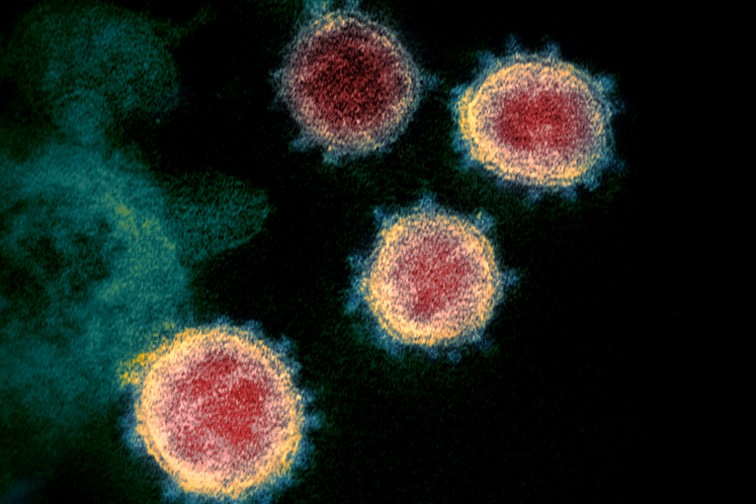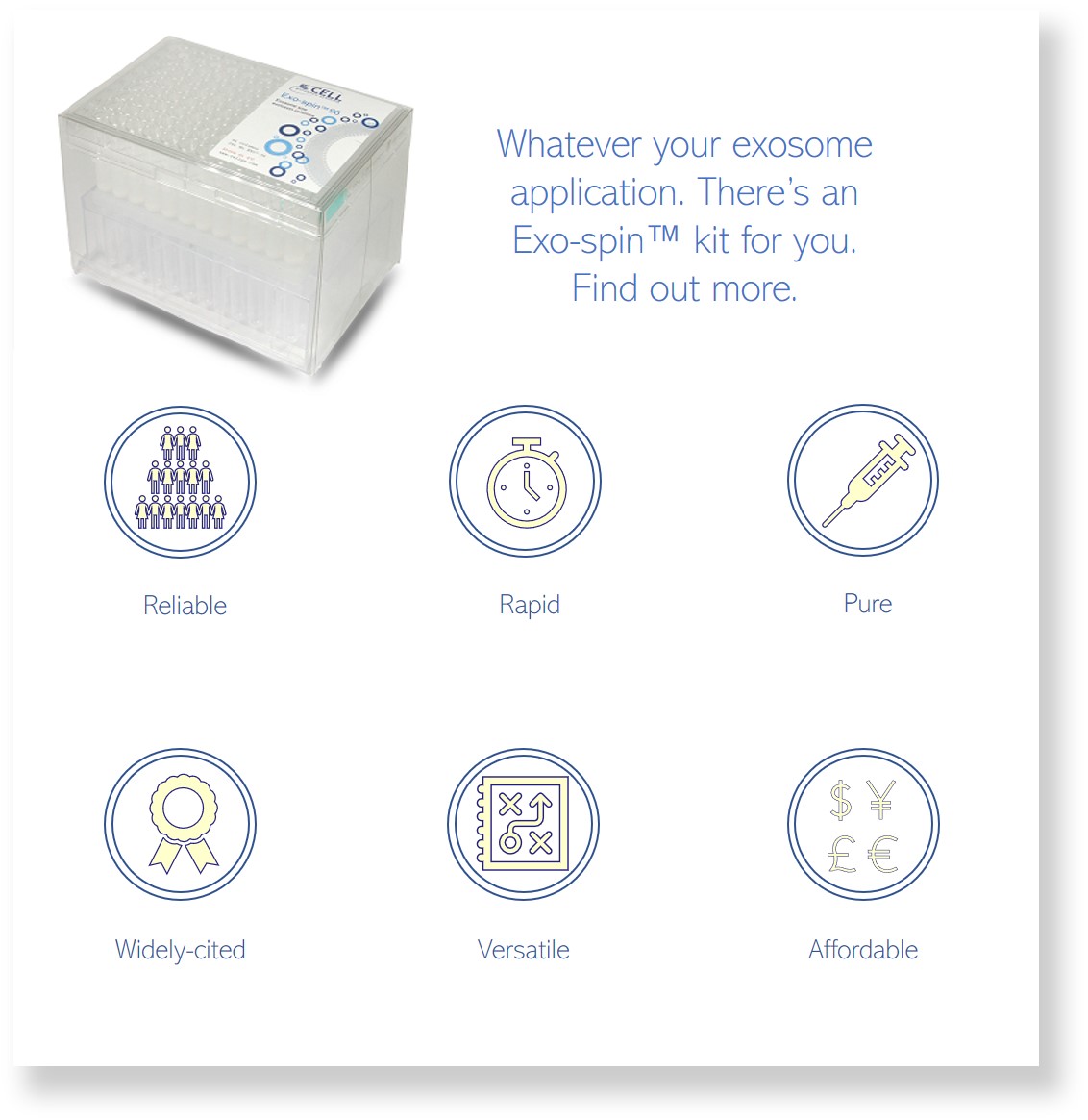Diverse approaches emerge for exosome therapy to treat Covid-19

An unprecedented effort has led to the development of vaccines and therapeutics to mitigate the impact of Covid 19. Vaccines against SARS-CoV-2 are highly effective in limiting the incidence of severe disease. But with new variants emerging and patchy vaccination coverage, large numbers of people are still becoming severely affected and dying.
In severe disease, the presence of the virus is associated with markedly increased levels of pro-inflammatory cytokines and chemokines observed in various organs – spreading inflammation and triggering multi-organ dysfunction, a condition known as ‘cytokine storm syndrome’.
The complexity of respiratory viral diseases coupled with antigenic drift, mutagenicity, the viruses’ diverse genomes, and their susceptibility to drug resistance cause difficulty in developing universal drugs or cures.
One of the main pathophysiology pathways of COVID-19 infection is through the transportation of the virus-induced exosomes carrying the viruses’ native cargo components to distant organs. By incorporating their viral material into exosomes, the viruses can disguise and protect themselves against host recognition and antibody neutralization.
Recent proteomic analysis characterizing the plasma-derived exosomes from critical and non-critical COVID-19 patients and healthy controls revealed significantly different exosomal proteins between the three groups: Among the 913 different proteins identified in the plasma exosomes of all three subjects, 157 and 97 proteins are significantly modulated in critical and non-critical COVID-19 patients, respectively. These proteins are strongly involved in pathways associated with various immune responses, coagulation, inflammation and extracellular matrix structural constituents.
Some clinical trials have failed to provide an effective therapy against SARS-CoV-2, due to poor bioavailability and poor/inefficient delivery. Exosomes can also be engineered to deliver therapeutic, antiviral drugs to targeted organs. Encapsulating drugs into exosomes evades such limitations and may provide superior recipient cell targeting.
As discussed in an earlier blog article, several studies have explored the potential use of exosomes as therapeutic agents to combat the SARS-CoV-2 virus. Exosomes play important role in intracellular trafficking mechanisms and may overcome previous therapeutic limitations — offering novel therapeutic approaches to the virus.
Exosomes isolated from the main infection sites of COVID-19, such as in the respiratory secretions of saliva and bronchoalveolar fluid, have been shown to contain compounds exhibiting potent antiviral properties. By harnessing the anti-inflammatory and regenerative abilities, targeted delivery of these naturally occurring exosomes to affected sites may provide a refined therapeutic approach. Stem-cell-derived exosomes isolated from mesenchymal stromal/stem cells (MSCs) and adipose-derived stem cells (ADSC) have also demonstrated potent cell repair and immunomodulatory activities and may have potential as therapeutics for the treatment of COVID-19.
The SARS-CoV-2 virus enters target cells via the binding of the viral spike (S-) protein to angiotensin-converting enzyme 2 (ACE2) present on the cell surface membrane. Lung-derived exosomes present ACE2 receptors on their surfaces and may serve as ‘nano-decoys’ to bind with the viruses – preventing cellular entry to host cells and slowing viral infection by binding and tagging the virus for immune cell elimination.
As we reported previously, Innocan Pharma recently announced large-scale production of CBD Loaded Exosome (CLX) Therapy, designed to target coronavirus infected lung cells. This may serve as an important milestone and a significant proof of the advantage and capability of exosomes as a new approach for the COVID-19 treatment.
IMAGE: SARS-CoV-2 NIAID

